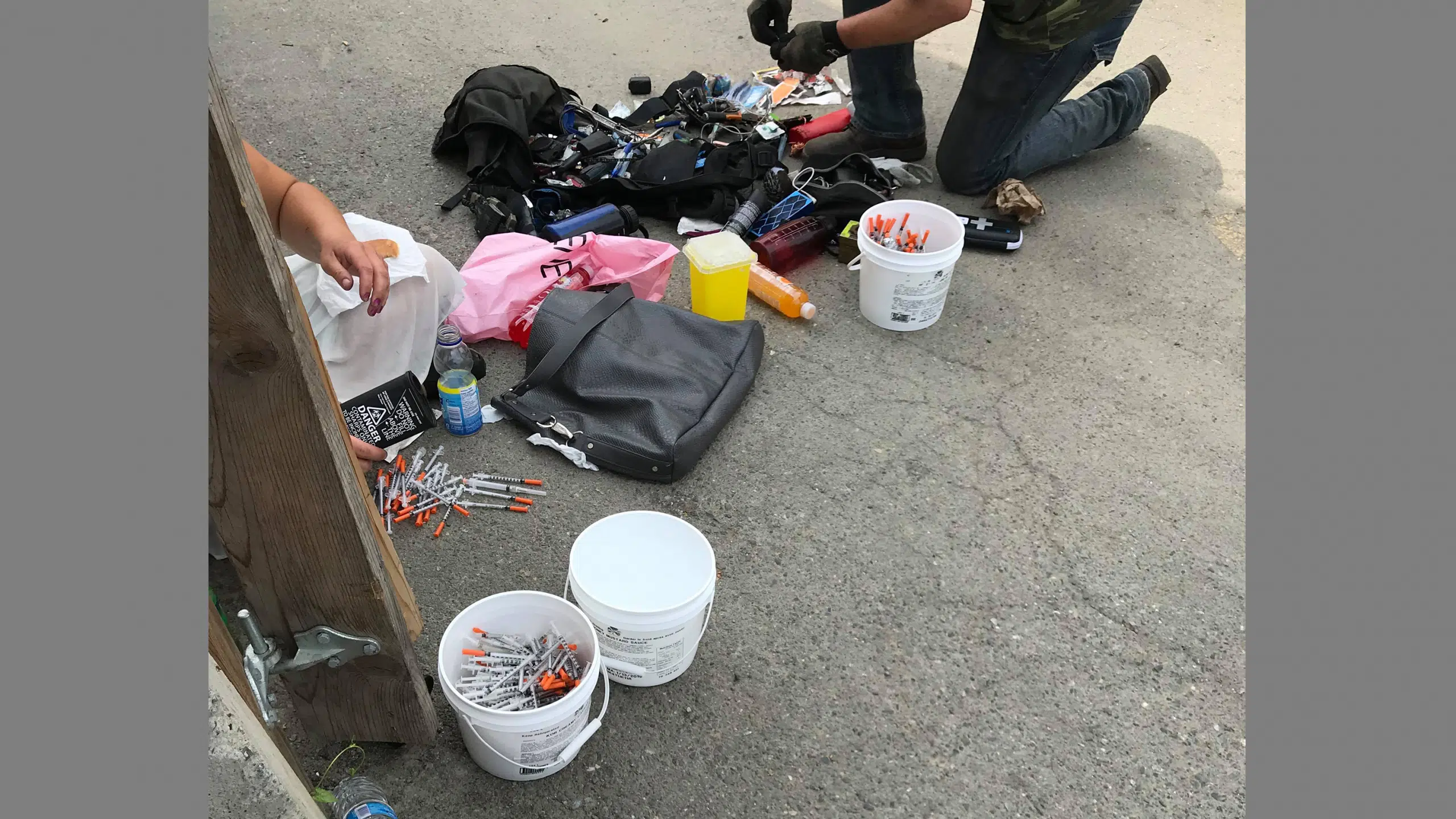
What walking the talk really means
BEFORE WRITING this week’s column, I asked the mayor along with our eight city councillors if they could provide some perspective on a rather sensitive and fractious issue the city faces. Mayor Christian responded, as did Councillor Walsh, while Councillors Dhaliwal, Cavers, Dudy, Lange, Sinclair, Singh and Wallace did not.
I wanted to know where they stood on the needle buy-back program that Caroline King and Dennis Giesbrecht are leading, financing and volunteering their own time to make happen. Details on their idea can be found in a recent story by Chad Klassen’s that explains how Ms. King and Mr. Giesbrecht are using their own money to buy back used needles for five cents each.
The Interior Health Authority (IHA) provides these needles but has done nothing about used sharps such as an exchange or buy-back programs. As a result, users are simply disposing of them wherever they may be at the time. IHA claims that once used, the sharps are a biohazard and refuses to take them back, meaning most are discarded on the streets, back lanes and parks of Kamloops.
Both King and Giesbrecht feel ignoring the problem or passing the buck on this issue is wrong and decided to try and help Kamloops with their own citizen-led clean up. As the saying goes, talk is cheap, so they put their money where their mouths were and launched the buy-back program. Since then, a few like-minded donors have stepped up to the plate in an effort to help finance the program that Ms. King runs as a volunteer from the fledgling needle return centre located at Society of St. Vincent De Paul on Briar Ave.


